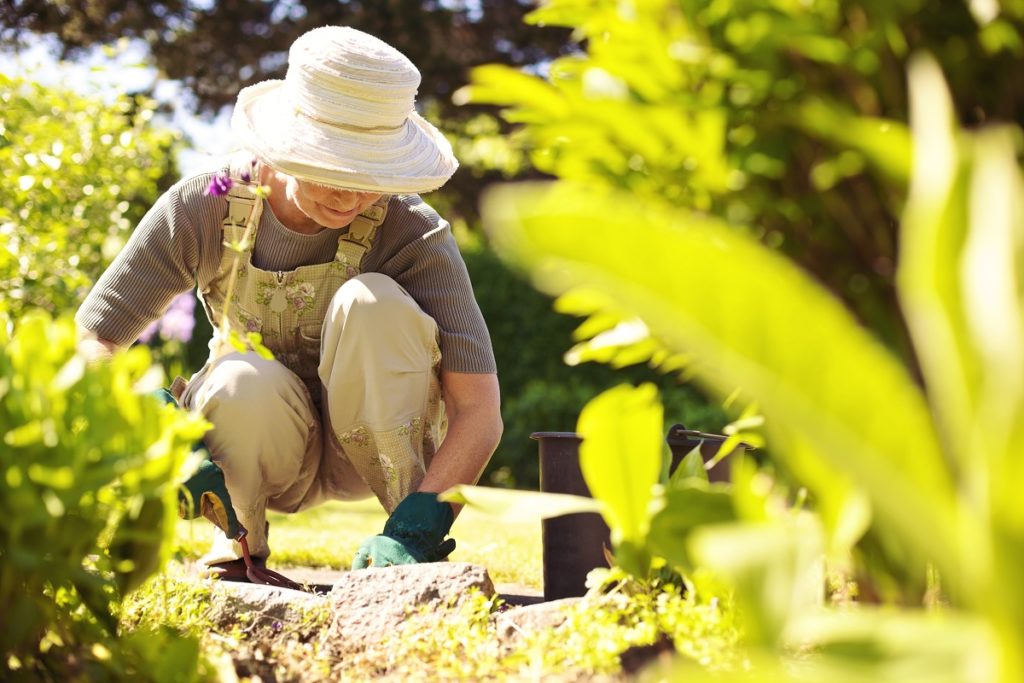Utah’s elevation makes growing crops more complex. Higher concentrations of ultraviolet radiation and dry air can be harsh on plants. However, it gets a whole lot easier with a greenhouse.
More Sun — Less UV
Ultraviolet (UV) radiation gets stronger the higher the altitude. Salt Lake City is exposed to 28 percent more UV — and the extra radiation can reduce chlorophyll production by 20-50 percent. While this may not be a problem with ornamental plants, vegetable crops can be severely affected.
A modern greenhouse can let the sunlight in but keep the UV out. Instead of the usual glass, opt for polycarbonate sheets. These sheets refract light and can reduce the UV entering your greenhouse by 95-99 percent. Polycarbonate sheets also diffuse light, allowing sunlight to spread more evenly inside your greenhouse. Your crops will grow more evenly and have a more uniform appearance, making them easier to sell and making you seem more like a professional grower.
More Heat
The main purpose of greenhouses is to maintain a warmer environment. A greenhouse allows you to extend your growing season. You can start planting before autumn or continue growing even after winter. The extra weeks can be enough to grow another batch of crops — particularly ones that you can harvest quickly. Greenhouses provide excellent weather protection as well as insulation. Your crops won’t be exposed to the elements or the extremes of temperatures.
It will also allow you to grow crops that require warmer temperatures like peppers, tomatoes, and melons. Of course, you can easily regulate the heat when it becomes too hot by simply adding a few shades to block the sun. By regulating the temperature inside your greenhouse, you can expand the number of crops you can grow to include exotic plants that require specific climates.
Fewer Pests
A closed environment protects your crops from animals and pests. It effectively prevents small animals like rabbits, voles, and raccoons from entering, and it keeps out birds as well. A greenhouse also protects your crops from the usual insects that target them — although you need to keep an eye out on a few that may enter without your knowing.

Fewer pests reduce the need for pesticides, allowing your crops to stay mostly natural or even organic in their growth. Natural/organic crops can demand higher market prices, increasing your profits and allowing you to tap into a dedicated niche.
Increasing Humidity
Dry air can be problematic when growing crops. However, you can easily control the humidity levels in a greenhouse. If the air is particularly dry or you just want to create a more humid environment for your crops, place buckets of water inside your greenhouse. Water will eventually evaporate once your greenhouse gets warm enough, and the closed environment will keep the moisture inside your greenhouse.
Of course, you’ll need to make sure the water is clean by replacing it regularly. You don’t want your buckets to become the breeding ground for insects that can damage your crops. If you need to keep your plants moist, spray them with water when the sun is at its peak or when it is particularly warm. Spread a layer of mulch over the soil to prevent evaporation and give your plants some extra nutrients. You can also use a small humidifier or mist vaporizer if you want to make your greenhouse even more humid.
A greenhouse makes growing crops a lot easier. It allows you to grow more crops for longer periods, increasing the versatility of your crops and your profits. By fine-tuning the environment, a greenhouse also eliminates most of the problems due to altitude.

